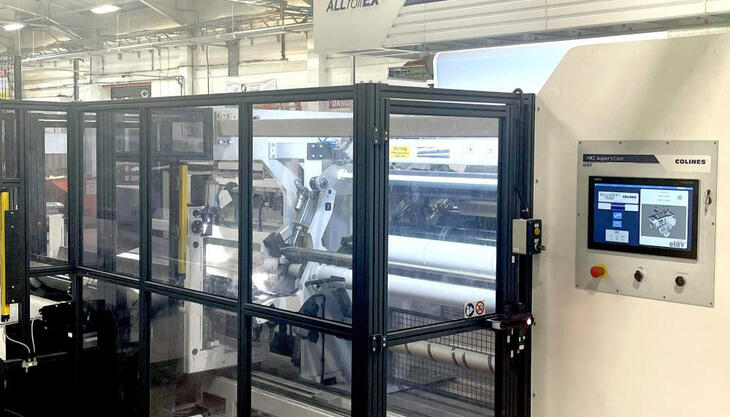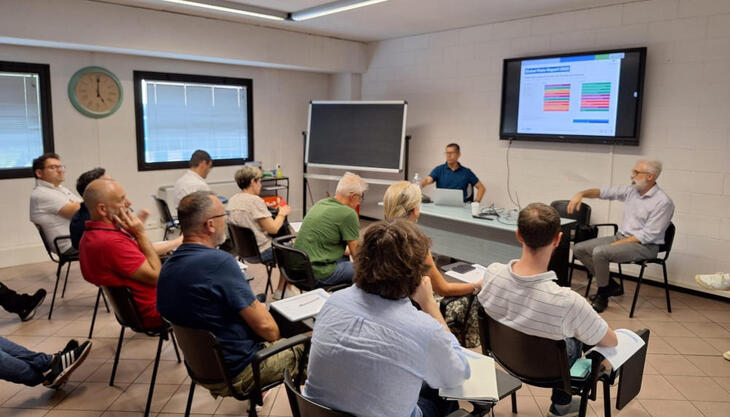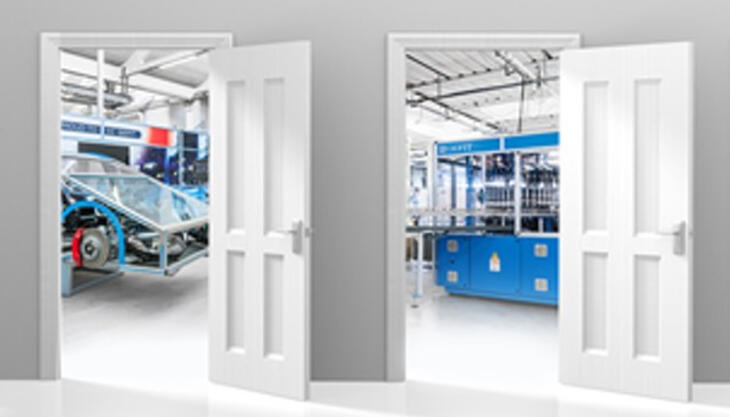A greener future with electric intensifiers
 A Danish company founded in 1939 by Børge Norby, Dafa is a world reference for the design and implementation of products based on foam and polymeric materials, well-known and respected for the quality of its products and its capability to offer an extremely collaborative customer service. The Mission of Dafa is to offer sustainable and long-lasting solutions that can seal, absorb and protect. The goal is to let customers experience the added value from the partnership with Dafa.
A Danish company founded in 1939 by Børge Norby, Dafa is a world reference for the design and implementation of products based on foam and polymeric materials, well-known and respected for the quality of its products and its capability to offer an extremely collaborative customer service. The Mission of Dafa is to offer sustainable and long-lasting solutions that can seal, absorb and protect. The goal is to let customers experience the added value from the partnership with Dafa.
For the above reason Dafa established a profitable partnership with CMS since 2001, finding the perfect combination of experience, innovation and quality. During the years Dafa made important investments, installing in every production site (Denmark, China and Poland) the CMS waterjet cutting machines, both multiple 3 axes heads and 5 axes head as well as Tecnocut Waterspeedy S and Tecnocut Idroline S. Using CMS waterjet cutting machines brings about substantial advantages for Dafa production chain in terms of operating speed, machining accuracy, tooling versatility and cost optimization.
Dafa’s latest investment, with the purchase of three 4150 bar electric intensifiers Greenjet EVO, in place of actual traditional hydraulic intensifiers, is part of a process to improve efficiency and energy saving during production of foams and polymer-based parts.
Greenjet EVO is the groundbreaking, highly efficient electric pump fully designed and manufactured by CMS. A top-performance torque servomotor supplies a very high-pressure level while removing the hydraulic unit and up to 80% of components compared to a traditional hydraulic intensifier.
The high level of innovation and engineering of pump allow the intensifier Greenjet EVO to position on the market as the low environmental impact technology with 30% less energy consumption and 60% more efficiency than traditional intensifiers, in addition to benefiting from a very silent operation.
Another important benefit, in favour of electric technology, is the absence of oil-based hydraulic component which is less efficient and requires the disposal of the exhausted oil every 2000 hours.



















